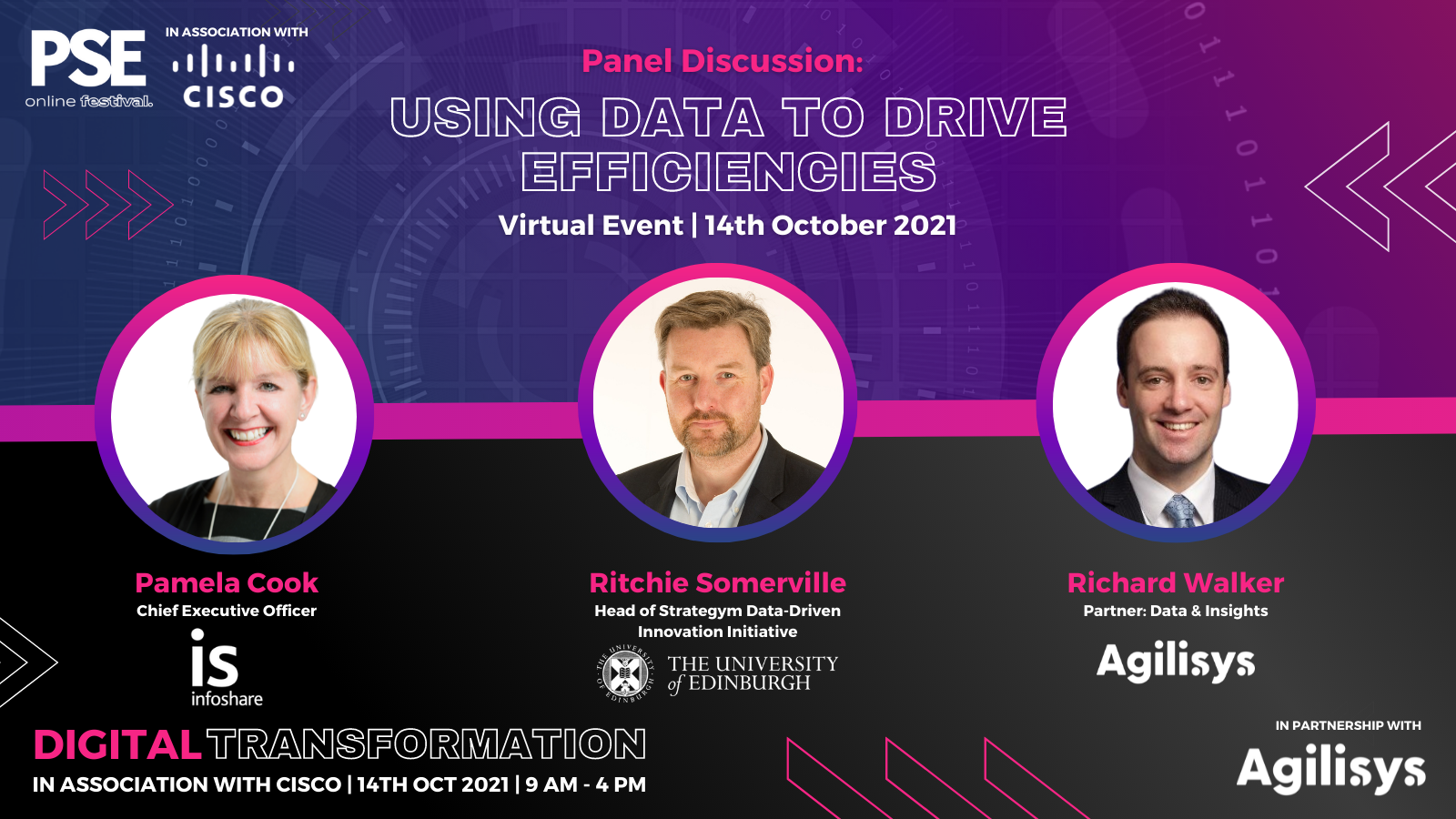Your Data Management System will take into account three key components

A good Data Management System will standardise the data that is input into your system(s), create a single repository for each type of data, govern both the current processes and the generation of new data and, importantly, manage the changes that these processes will bring about in the workforce.
It will also take into account three key components:
People – the people that will be in charge of generating, inputting, owning and accounting for all of your company’s data.
Processes – good Data Management means organising and standardising the way in which data is collected, logged, transferred and stored.
Technology – the software and tools which are most effective in harnessing your data. These need to be up-to-date, efficient and, most importantly, capable of working together accurately.
Is It Worth It?
Of course, implementing a Data Management Strategy will involve some cost; both in terms of financial outlay and time commitment.
There is plenty of evidence to suggest though, that the long-term economic benefits of implementing an effective Data Management Strategy outweigh the initial cost.
For example, Gartner estimates that the average Data Management project can provide savings that are equal to the initial investment, year-on-year for 3-5 years.
There are those who will be apprehensive about investing in a complete Data Management System, choosing instead to focus on one of the key areas – migration, integration, quality or governance.
However, investing in a data integration project, without proper data governance to underpin the process moving forward, for example, will likely result in the same, or a very similar piece of integration work being repeated in the future, at additional cost.
Deciding to invest in a single repository, where data is integrated into a common format, will reduce the ongoing need for manipulation of figures, freeing up personnel to concentrate on delivering value to the business. This will make their time more economically profitable.
Investing in the right Business Intelligence and Performance Management tools has its own cost advantages. For example, in a retail environment, these could help you to effectively reduce time spent delivering budgeting procedures, integrating production schedules and teaming forecasts with labour requirements, allowing for agency staff to be reduced and permitting you to allocate the appropriate level of resources for each task.
To Conclude
It is almost impossible for a company to derive accurate, trustworthy information about their business processes from data that is mismanaged and poorly integrated. The only way to really resolve this situation is by implementing a comprehensive Data Management System.
We are aware, though, that a Data Management overhaul can be a hard “sell”, especially to senior management. This is where an expert external consultant can help.
This article is a guest post by Ike Ononogbu, the Consulting Director of InforData Consulting, a data management consultancy recently named in Gartner’s Market Guide: External Providers for Master Data Management.



